When it comes to love, romantic inequality can lead to extramarital affairs, even though not many people seem to take it seriously.
When decreasing inequality enhances envy and increasing inequality stokes love.
“Be faithful in small things because it is in them that your strength lies.” – Mother Teresa
Everyone experiences envy. This common emotion involves a negative attitude toward certain sorts of inequality. Romantic love is grounded in the lovers’ equality. We might think, then, that if inequality is reduced, envy decreases, and if inequality is increased, envy increases. Sometimes, though, the opposite is true.
For example, in egalitarian societies, where there is less inequality than in non-egalitarian societies, envy does not disappear; in fact, it can even be heightened. And there are times when increasing inequality enhances the romantic relation. In both cases, it is the small gaps that matter.
Inequality and envy
“It is a wise man who said that there is no greater inequality than the equal treatment of unequals.” – Felix Frankfurter
Envy is rooted in a sense of undeserved inequality–namely inferiority. The greater the perceived inequality and the more it seems undeserved, the stronger the envy.
Inequality is commonly seen as negative. For example, we speak negatively about the growing inequality between the rich and poor. But envy is usually not about a general moral concern for justice, but rather about a specific, personal concern for what we consider to be our undeserved inferiority.
Because inequality often generates envy, we might assume that decreasing inequality decreases envy. Think for a moment of egalitarian societies that have tried to reduce inequality by allocating similar resources for fulfilling their members’ basic needs, such as the kibbutz movement in Israel. Surprisingly, the level of envy in kibbutzim is no less than that found in non-egalitarian settings – and it is sometimes even higher.
There are a few reasons that egalitarian societies fail to decrease envy. One is that we have a hard time decreasing the significant inequality associated with natural differences, such as being attractive or wise. Another reason is that the egalitarian ideology condemns inequality, and thus may be seen as implying some justification of envy. A further important reason is the natural tendency to compare in circumstances of similarity in the background and current occupation. Many studies indicate that romantic partners strongly resemble each other in terms of age, education, physical attractiveness, height, political and religious attitudes.
Already in ancient times, the Greek poet Hesiod wrote that “the potter is furious with the potter and the craftsman with the craftsman, and the beggar is envious of the beggar and the singer of the singer.” Indeed, envy is more likely to emerge about those who are similar to us.
My focus here is on yet another reason for this failure to decrease envy: proximity to the desired fortune, that is, closeness in status, salary, or possession of a certain good. When we experience envy, we close in on the small gaps, namely, on those we see as immediately above us, since they occupy the first rungs we have to climb on fortune’s ladder.
These are the people we are most likely to be compared with and whose accomplishments we are most likely to experience as demeaning to ourselves. When the inequality is extreme, and especially when we feel that what the other person has is unattainable, we experience far less envy than when we feel as though “I could easily be in her place.”
Have you ever experienced or experiencing envy in your life? Read 7 Little Lies Jealousy Whispers in Your Ear
Inequality in romantic relations
“If equal affection cannot be, Let the more loving one be me.”
W. H. Auden
In my recent book, The Arc of Love: How Our Romantic Lives Change Over Time, I show that equality is also the heart of romantic relations.
Inequality, associated with the feeling of undeserved inferiority, is damaging to romantic relations. We see this in Karin Prins and colleagues’ study (1993) on extramarital relationships. They found that involvement in these relationships is less likely in equal romantic partnerships than those in which there is a “superior” person, who feels that she could do better, and an “inferior” one, who may feel envy, jealousy, and anger for being unappreciated by the partner.
Nevertheless, Christine Whelan (2006) claims that most high-achieving men report that they would like to marry, or have already married, a woman who is as smart, or smarter, than they are. These men believe that, in marrying such a woman, they have made a smart deal.
However, Elizabeth Bruch and M. E. J. Newman (2018) show that there is a limit to the desirable gap: both men and women pursue partners who are on average about 25 percent more desirable than themselves. In this way, men still enjoy the glory reflected from their women, thereby enhancing their self-esteem.
In the short term, inequalities can produce admiration, thereby increasing initial feelings of love and sexual desire. In the long term, though, significant inequalities become a problem for both partners, when superficial, short-term goals take a backseat to deeper concerns.
Little things mean a lot
“Blow me a kiss from across the room, say I look nice when I’m not, touch my hair as you pass my chair, little things mean a lot.”
Kitty Kallen
We have seen that small gaps are important—they increase envy even in circumstances of decreased inequality, and they enhance love even when inequality increases. One reason for this, mentioned above, is that small gaps spur comparison and, in particular, the thought that things could have been otherwise, which is a crucial element in intense emotions.
Another reason for the importance of little things is that they last for a long time. You can buy diamonds for your partner once a year or so, but you can blow a kiss from across the room many times a day. In this sense, the most significant aspect of love is not the intensity of sexual interactions, which sometimes occur multiple times per week, but rather your attitudes and care in between these explosive experiences.
Love is “in-between,” not in the sense that it resides between the two lovers, but that its essence is not in the relatively stunning performances, but in the ongoing activities in between.
Do you agree that the little things can make or break a relationship? Read 15 Little Things Strong and Healthy Couples Consistently Do Together
Anton Chekhov once wrote, “Any idiot can face a crisis; it is this day-to-day living that wears you out.” A hero (as well as an idiot) is someone who successfully handles major risks or crises. A lover strives to handle the ongoing little things in a loving relationship. Little things indeed mean a lot.
This post is part of my recent book, The Arc of Love: How Our Romantic Lives Change over Time.
If you want to have a happy and fulfilling relationship, then it is imperative that there is no scope for romantic inequality. As long as you are able to make your partner feel happy and appreciated, extramarital affairs can never threaten your bond.
If you want to know more about how romantic inequality can affect your relationship, and how to counter it, then check out this video below:
Written by Aaron Ben-Zeév Ph.D.
Originally appeared in Psychology Today
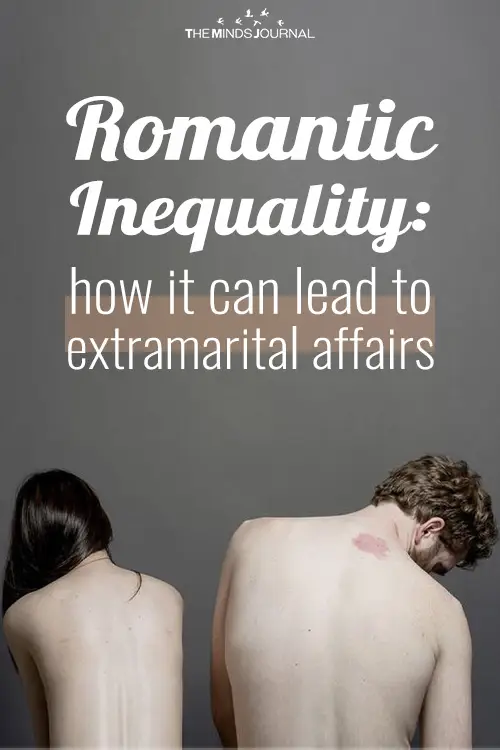
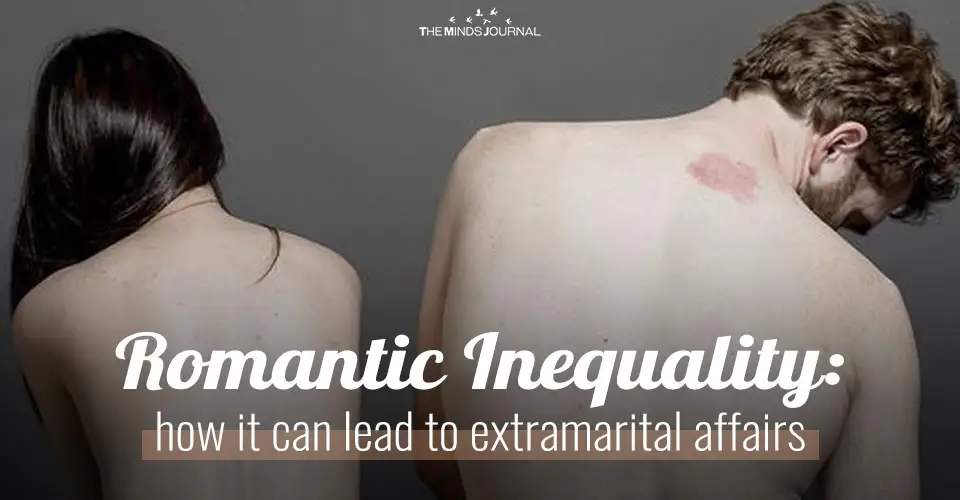


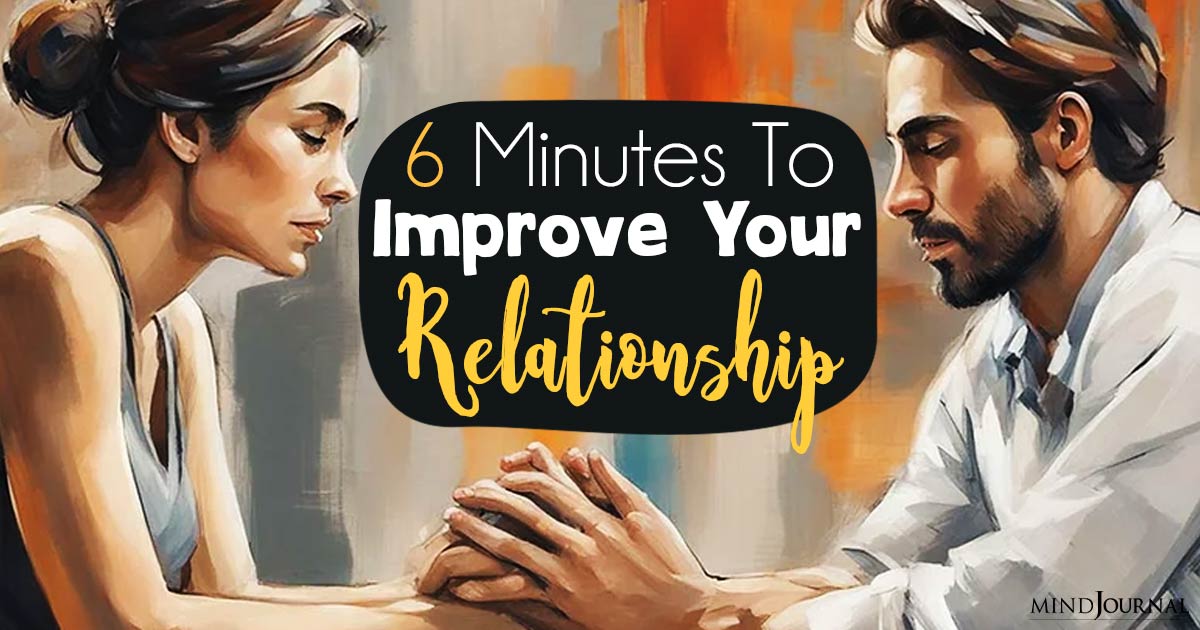
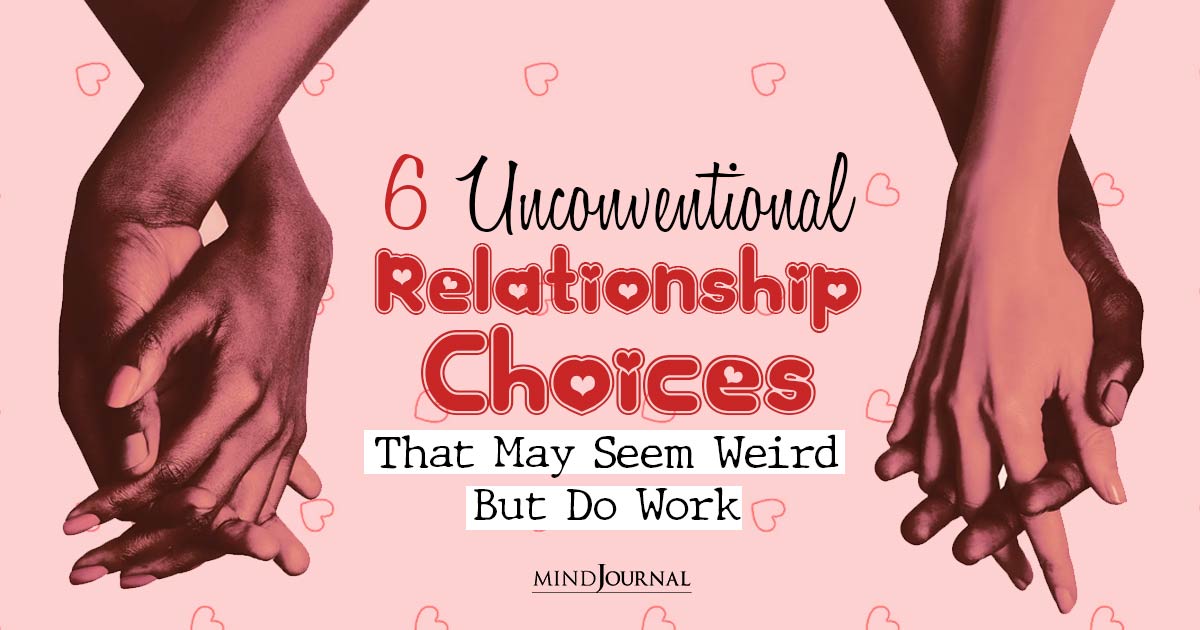
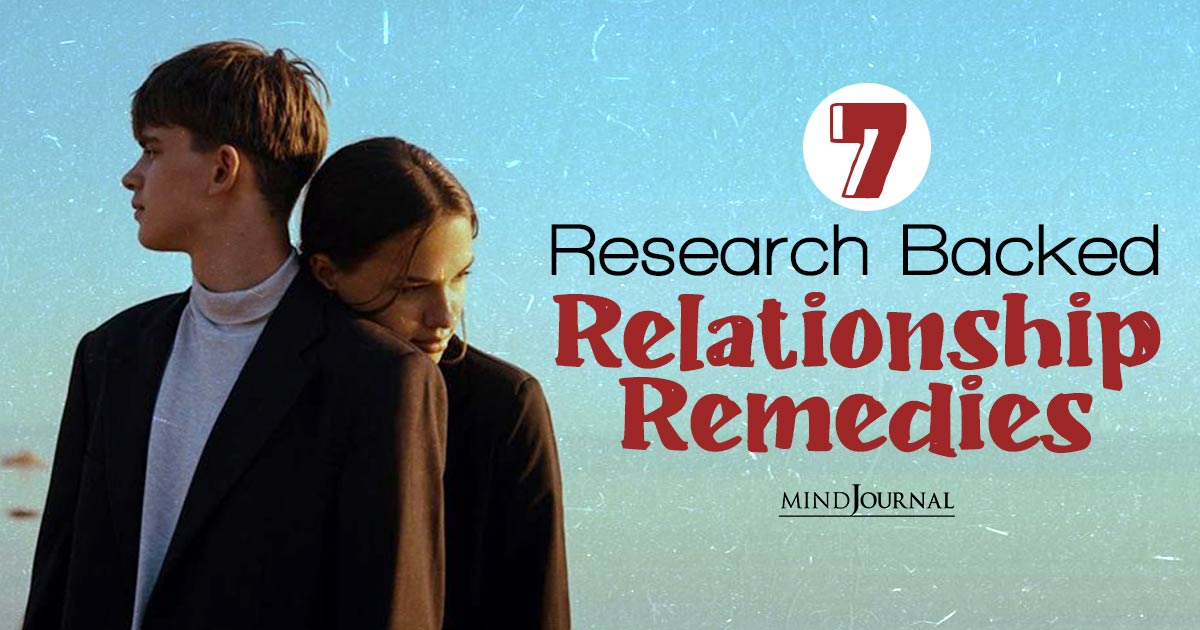


Leave a Reply
You must be logged in to post a comment.